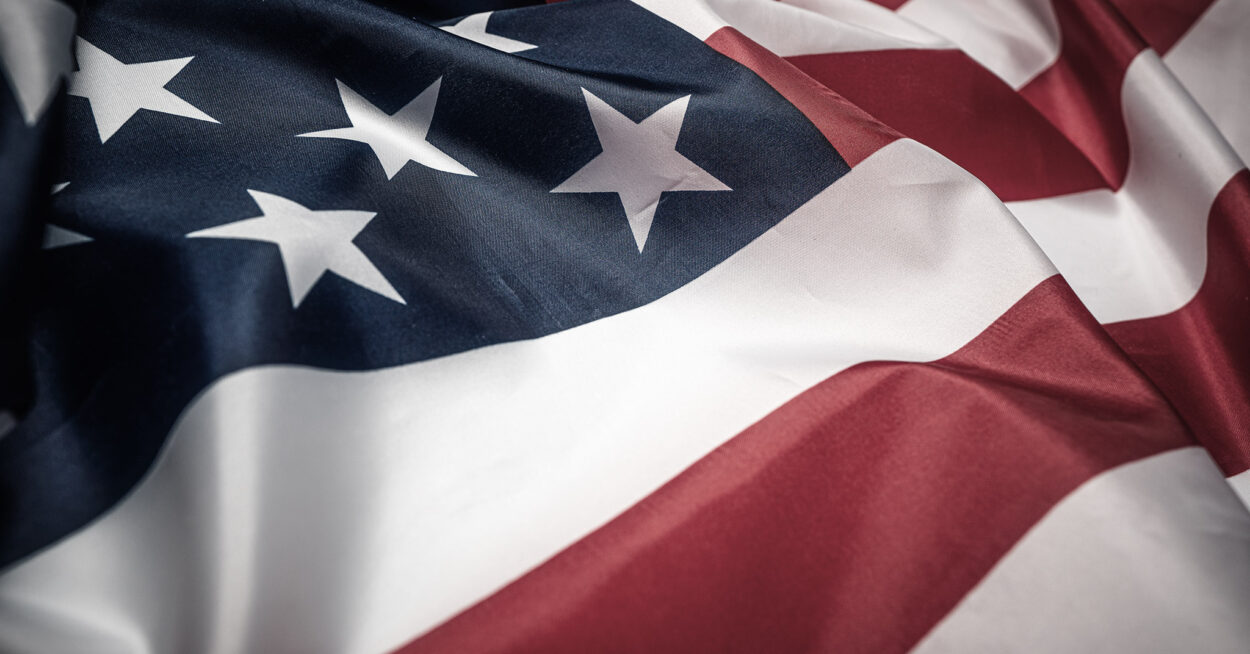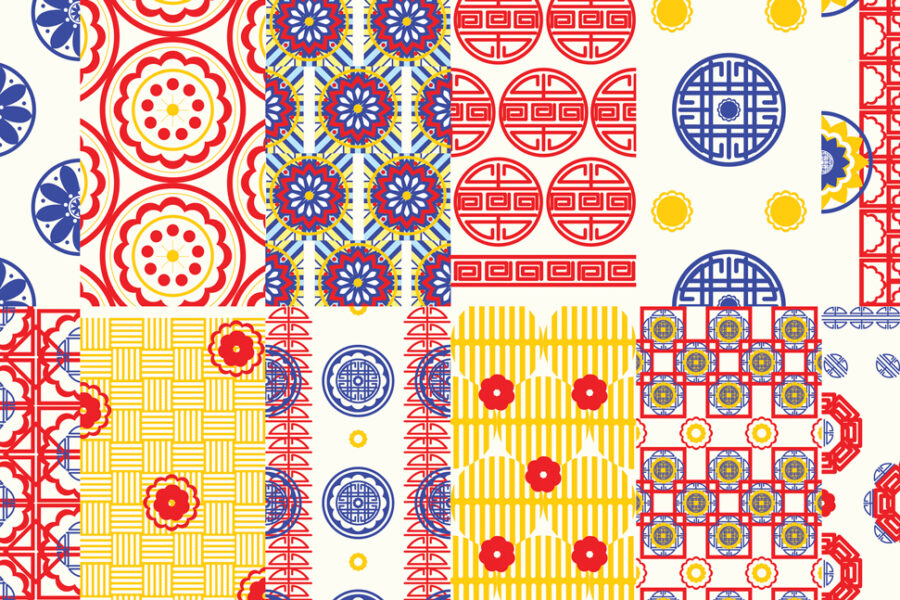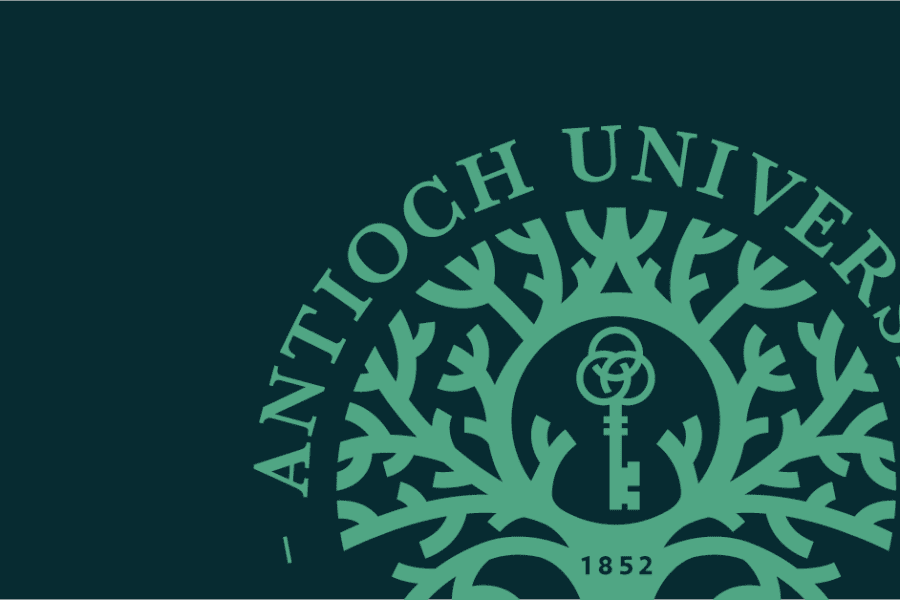On the evening of November 4, 2008, we all watched as the U.S. elected its first Black President. As I watched the television images of Barack Obama and his young family walking out onto the stage in Chicago’s iconic Grant Park that night, surrounded by a vast ocean of celebrating supporters, I was overwhelmed by the importance of that moment. A multiracial and multicultural democracy had finally evolved in America despite our long sordid history of slavery, apartheid, and racial oppression. And it was a decisive victory, with Obama winning 365 electoral votes to John McCain’s 173—and with Obama winning the popular vote by over ten million votes. We were watching history in the making and I sat there wondering why I had not driven to Chicago to be present for it, to witness first-hand the energy and jubilation of the city, to witness that moment when race would no longer disqualify anyone from serving in the highest office of the land. The campaign had focused on “The Audacity of Hope,” and at that moment I was more hopeful for our nation than ever before.
I was hopeful, and I was also exhausted. Instead of traveling to Chicago, I had volunteered as a voter rights protection lawyer at my Ohio county’s board of elections. I had volunteered for the same role in many prior elections, but on that day, it felt more personal to me. After eight years of backsliding on LGBTQIA+ rights and marriage equality, it seemed change was in the air. I started at six in the morning and, over the next sixteen hours, I was part of a cadre of lawyers throughout Ohio doing what we could to ensure election integrity. We monitored news from observers at polling precincts and responded to numerous complaints that poll workers were illegally disenfranchising registered voters, usually by requiring forms of identification not required by Ohio law. We heard complaints that predominantly Black precincts were experiencing excessively long lines, some as many as four hours long, because election officials had not provided enough voting booths in those precincts. One by one, the complaints were resolved, and people voted in record numbers. Democracy takes work and I was glad to do my part, even though it meant not participating in the historic celebration in Chicago.
I was born in the last years of the Jim Crow era, and I grew up during the civil rights movements of the 1960s. For me, that election night seemed to be a moment of arrival, the day that the Rev. Martin Luther King, Jr. dreamed about in 1963. It seemed we had finally evolved into the multicultural, pluralistic democracy that had been promised over 230 years earlier. There was clearly much more work to be done, but for the first time the majority of Americans seemed to embrace our racial, ethnic, and cultural diversity. It was a harbinger of more progress and a reason for audacious hope. And, indeed, over the coming years voting rights expanded, millions more received access to healthcare, LGBTQIA+ folks secured marriage equality and enhanced job protections, and much more.
But progress is not always linear. As Steven Levitsky and Daniel Ziblatt write in their book, Tyranny of the Minority, “just as this new democratic experiment was beginning to take root, America experienced an authoritarian backlash so fierce that it shook the foundations of the republic, leaving our allies across the world worried about whether the country had any democratic future at all.” There are many reasons for this backsliding, but perhaps chief among them is the shift in U.S. demographics. Levitsky and Ziblatt explain that “social status—where one stands in relation to others—can powerfully shape political attitudes.” Where one group advances in social hierarchies, others perceive themselves as losing. This is what writer Barbara Ehrenreich called “the fear of falling.” And, according to Levitsky and Ziblatt, a group that perceives itself to be losing ground often radicalizes. If a party believes they can no longer win elections, they have two choices: expand the size of their tent or abandon democracy and embrace authoritarianism.
There are two great motivators in politics—hope and fear. Authoritarians invariably chose the message of fear: fear of the other and fear of losing one’s majority status. Racism, anti-Semitism, Islamophobia, nationalism, and xenophobia are all hallmarks of totalitarian movements. Given demographic trends in the U.S., it has long been projected that by 2045 we will be a “majority minority” nation, with fewer than 50% of Americans identifying as white. Fear of this loss of majority status has caused some voters to outright reject the value of democracy. The politicians and others spearheading this movement call themselves patriots and wrap themselves in the American flag, but what they seek is authoritarian rule and a perpetuation of white supremacy. And the authoritarian playbook is well-known: destroy trust in elections with misinformation; insist that if you don’t win, the election is rigged; undermine institutions of democracy such as a free press and an independent judiciary; attack educators and universities; vilify minorities; roll back civil liberties and voting rights; militarize law enforcement; and weaponize the Justice Department against your political rivals. We’ve heard all of these threats and more. In this year’s elections, anti-democracy politicians are increasingly bold in openly advocating for authoritarianism. As Maya Angelou said, “When someone shows you who they are, believe them the first time.”
Make no mistake about it, democracy itself is on the ballot.
Now, some believe it is not the place of a university to take sides in a political debate. They insist that institutions of higher education should pursue the path of neutrality and silence. But when the political debate directly affects our ability to function as a place of free and open inquiry, I take a different view. When politicians decide to dictate what history will be taught or concealed, what books will be banned, or what science will be respected, I take a different view. When neutrality means sacrificing the civil rights of our students, faculty, staff, and alumni, I take a different view. When silence equals our democracy’s death—to borrow a phrase from AIDS activists—I take a different view. We see too many of our peer institutions refusing to speak out in support of democracy, and in recent days, too many institutions are stifling speech, peaceful protest, and the right to dissent. We even see universities calling in the police to arrest their own students. This is short-sighted, counterproductive, and morally wrong. We should instead be promoting democracy both on campuses and across society.
Whether the U.S. remains a democracy or collapses into the authoritarian abyss is not a partisan issue. Higher education need not sit idly by and watch democracy burn in the name of “institutional neutrality.” Higher education deeply depends on democracy to protect free speech, academic freedom, respect for science, respect for free and open inquiry, and the search for truth and knowledge. The right to vote is also the founding principle of this nation without which we have no civil rights, no human rights, and no voice in government. We owe democracy our unwavering support and advocacy. Higher education is an institution of democracy, and we should be active loyalists to its survival and growth.
Here at Antioch University, we have spent the last 172 years acting on the belief that colleges and universities play an important role in sustaining and strengthening democracy. Antioch was actively involved in championing civil rights from its inception, especially during the civil rights movement which led to the Civil Rights Act of 1964 and the Voting Rights Act of 1965. Until then, and throughout the Jim Crow era, the right to vote had been largely denied to Black citizens. When this fully participatory democracy is threatened, we must both speak out and take tangible action to support the democracy that makes our educational institutions possible.
That is why today I am announcing a new initiative we’re calling Antioch Works for Democracy. This nonpartisan initiative consists of six pillars of action: voting, speaking out, educating ourselves and each other, sharing resources, setting up university-community initiatives, and volunteering as engaged citizens. Our central goal in creating this initiative is to make a difference. When we come to Tuesday, November 5, we should be able to say that, as Antioch University, we did everything we could to support American democracy.
There are many details to share, and over the coming months you will be hearing regularly from me and the Antioch Works for Democracy planning team. To start with, please look out for tomorrow’s announcement when we will be sharing more details about the six pillars of Antioch Works for Democracy and ways for all Antiochians to get involved. Because after all, this initiative will only be as powerful and impactful as we, the Antiochians who participate, make it.
I started this letter with a story about my own connection to democracy, because I think that it’s important to see democracy not just as an abstract ideal but as something we do, something we make together, something that evolves through engagement and labor. I am excited to join together with many of you, my fellow Antiochians, in this work in the months to come. And I also hope that I will get to hear some of your stories about what democracy means to you and what pro-democracy actions you have taken. We will be making space for these stories in Antioch Voices, where we hope many of you will share your own “Voices for Democracy.” Stay tuned for more information about this tomorrow.
As we embark on this important work, I want to be clear that Antioch University will never endorse a candidate or political party in this or any election. That is not our place, nor our desire. Antiochians are diverse across many characteristics, including political beliefs. This is good. Our faculty and staff work hard every day to ensure that all Antiochians feel welcome and free to learn and to explore ideas. We will continue to foster a university that serves all of our students. But we will not remain silent as the core tenets of our democracy are threatened.
I look forward to sharing more about Antioch Works for Democracy over the coming days. I hope you will join together with me and the entire Antioch community in this important work.




